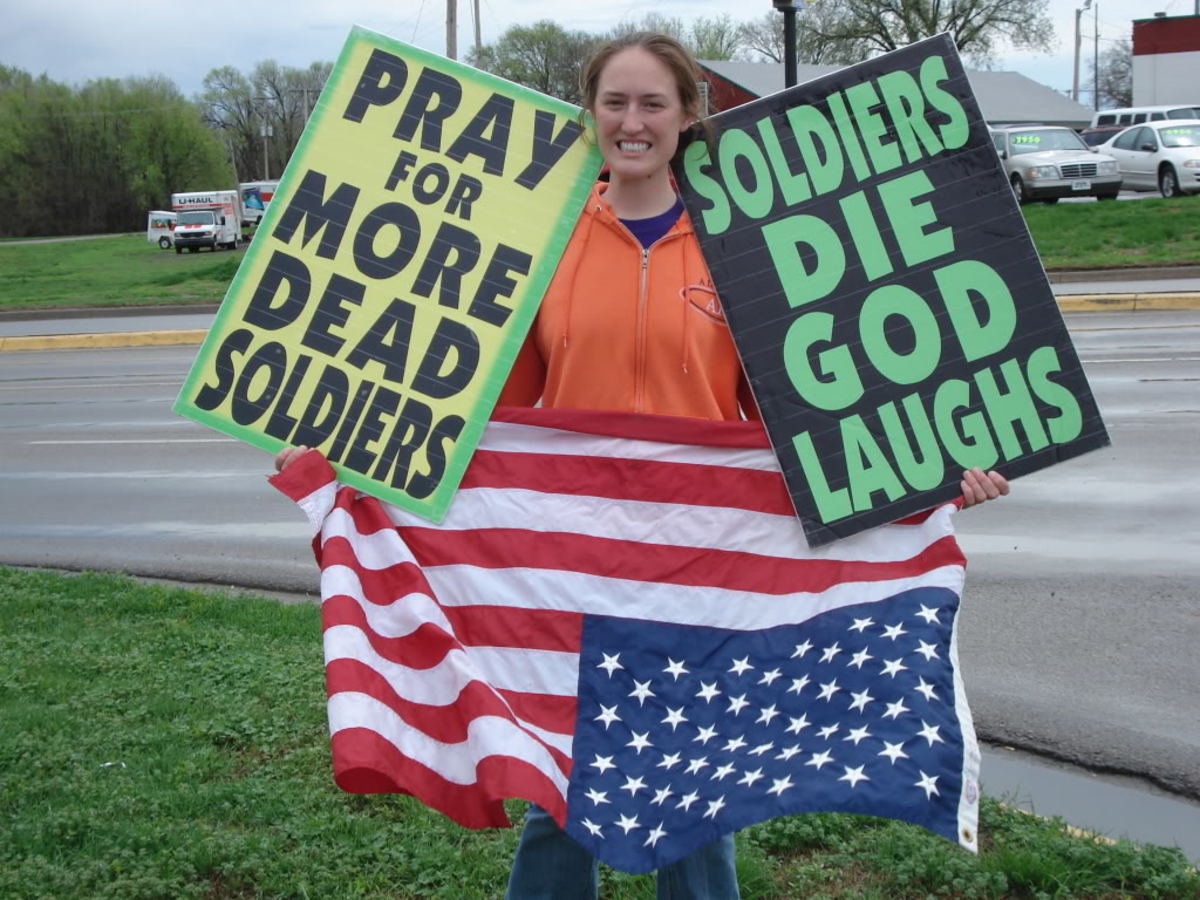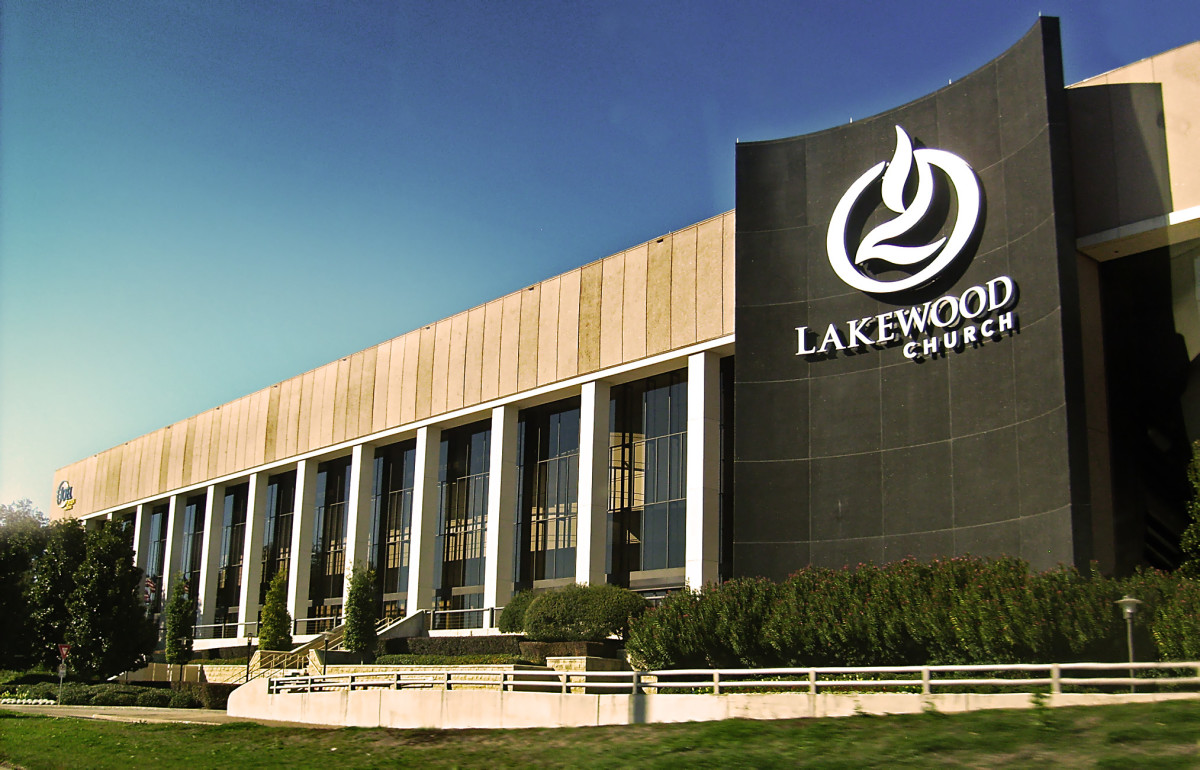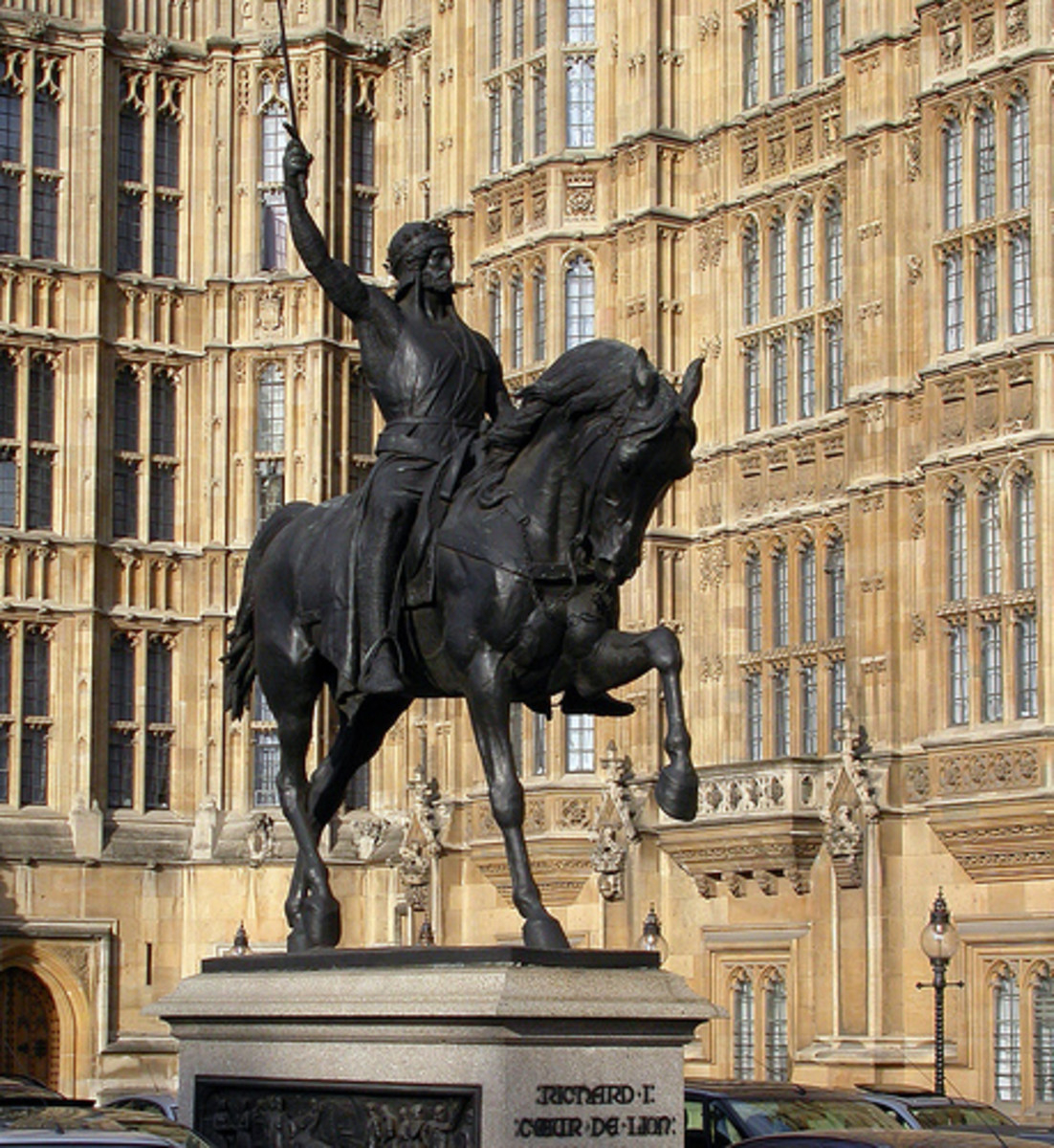Understanding the Evangelical Story in America

Growing up, there was one quotable movie all my friends knew. We had watched the movie so many times we could almost quote the whole thing, but there was one phrase that worked its way into many conversations. The movie was “The Princess Bride”. I bet if I said “My name is Inigo Montoya……..” many of you could accurately finish the quote. There is another famous and easily recognizable line in the movie. In many different scenes throughout the movie, the character Vizzini emphatically states “inconceivable”. However, in one particular scene after Vizzini says “Inconceivable”, Inigo looks at him and says, “You keep using that word. I do not think it means what you think it means.” This could also be true with the common usage of the word “evangelical”. It is tossed around by today’s news as if it is just another word to define radical Christians, but it has a much more historical and nuanced definition, and that is what I wish to share with you today.
To help you understand this term, however, I may have to build you a watch factory rather than just tell you what time it is. The idea of an “evangelical” would first appear shortly after the Protestant Reformation in the late 1500’s. While the thinkers of the time were delving into different theologies that would result in the many different denominations of today, the evangelical ideal was itself a seedling in the desire to take the gospel message to the world. Throughout the hundreds of years following the Reformation, there would be ideas and concepts that divided the church, and there would be some that would unite her. The common ground of gospel-centeredness and obedience to Christ’s command to enter the mission field would be the flag that all Christians, no matter their stance on the theological minutia, could rally behind. With the “evangelizing of the world” being the trademark of the evangelical, no matter the denomination affiliation, Christian brothers and sisters could unite in their mission to take the saving message of Jesus Christ to the uttermost.
To not try to eat the elephant all in one bite and tackle the global history of the church, I want to give you a glimpse into the American evangelical story and show how we as members of Boiling Springs First Baptist Church fit into it. As the United States was being formed, many different preachers traveled the expanse of the new nation, spreading the specific message of their unique denominational theology. But while they were witnessing to the immigrants and natives alike, their message was an evangelical one. They desired to make known the gospel of Christ and the study of His word. The theological landscape of the United States today is a testament to those early preachers who tirelessly covered ground with their message. The lasting legacy can be seen in the predominance of denominations in a given geographical sphere. For example, noted Baptist preacher Shubal Stearns spent his time planting Baptist churches in Virginia and the Carolinas, hence the large presence of Baptist churches in these states today. In contrast, in Pennsylvania and New Jersey, a heavy Presbyterian presence of evangelical pastors paved the way for noted Presbyterian churches to remain there to this day.
Along the way, however, many detractions, both small and large, threatened to derail the movement. As these early pastors were being obedient to their evangelical ideals, the culture was at odds with the message being unified. Two issues loomed large over the spread of the gospel within the US. The first was slavery. As the country entered the late 1800’s, the country was at odds. The federal government was exuding more and more control over the individual states, and the while the northern states were amicable with the government’s stance on this topic, the southern states were fearful of what they considered to be an overreach of power. Specifically, southern perceptions were that an end to slavery would ruin their economy. When this impasse came to a head, the war between the states ensued. During this time the split of the Baptist denomination happened. Northern Baptists were morally opposed to giving any missions dedicated money to a convention that could be accessed by slave owners desiring international missions. It was under this heinous issue this issue that the “Southern Baptist Convention” was created. What is so disappointing is that the southern churches were, on the one hand, endeavoring to be evangelical, while on the other hand being so opposed to the true nature of freedom and human rights and human dignity that God’s word teaches. Even missionaries specifically to slaves, in an attempt to appease the powers-at-be, decided to water-down their message by stating that baptism did not give physical liberation, only spiritual liberation from sin. They also, rather than rightly divide the word of truth, would wrongly emphasize Ephesians 6:5 that slaves should obey their masters. For us as Southern Baptists, even though in 1995 our denomination renounced this and apologized formally for our stance on slavery, we should always remember the pain that is associated with this issue and always be ready to extend a hand of friendship and understanding to our Christian brothers and sisters of different races.
The second issue that caused division within the evangelical movement was the issue of gender. No matter the theological bend to which a Christian leans, there can be no argument that both genders are of equal import to their Heavenly Father. It is factual to state that many, if not all evangelistic endeavors the church engages in would not be possible without at least the involvement and at most the direction of women. From Sunday School to Vacation Bible School to Migrant Missions, women are the Army Rangers of the church. “Rangers Lead the Way” is the motto of the 75th Ranger Regiment and could also be said of women in ministry because, without them, many preschool and children’s programs in churches would not exist, nor would there be an active in-reach or cares ministry. However, while women have been essential members of the ministry team, they have not always been afforded the same rights or status of their male counterparts. Hermeneutical arguments regarding scriptural leadership positions aside, it was during the evangelical movement of the 1800’s that saw women beginning their own mission boards to accomplish what the Holy Spirit had laid on their hearts to do. Their stance was that if male-led international mission organizations would not afford them the same opportunities, they would go it alone. These female organizations were so effective, however, that by the early 1900’s, they were being courted by the very mission organizations who they had separated from, to begin with. Lottie Moon’s missions to evangelize the Chinese and her encouragement of other women to form their own mission’s organizations set her apart as the gold standard for foreign missions, regardless of gender.
In the mid-1900’s, another name grew in popularity and/or notoriety, and caused angst in evangelical circles, the label of “fundamentalist”. While many clung to the title like a badge of honor, others distanced themselves from it, fearing the negative connotation the word implied. While Christians knew the word meant they were adherents to the fundamentals of Christianity such as biblical inerrancy, a changing scientific climate would push fundamentalist to be the attack dogs of the faith, and many times the methods did not produce the desired result or convey truth acceptablely. The rise of purported scientific research in the realm of evolution put faith-based fundamentalists at odds with the scientific community, with regards to the origins of life on Earth. Charles Darwin’s theories were placed at odds with the Biblical account of creation, and this started a theological war that is still raging today.
Now, with all of this information, I want to remind you that this was happening in the United States and all of these things were detractions that evangelicals were having to deal with. Notice I did not say Baptists or Methodists or Presbyterians, I said evangelicals. You see, this term evangelical crosses denominational lines. While the denominations had differences then, and do now as well, these issues affected evangelicals across the denomination divides. Maybe, had we learned a lesson from church history, the church would have been united enough to properly deal with these issues as they arose. You see, back in the time of the early church under Roman rule, the church began to focus on differences in theology. The focus became so tight and narrow-minded on certain theological stances, entire factions of the church would be excommunicated because their particular theology was different than another’s. This weakened the church and left her unable to be effective, due to so much infighting. This ultimately yielded a marriage of church and state that was destructive to the church as a whole, having emperors name bishops and vice-versa. Hear me church, because this is as important in the 4th century as it is today, ANYTIME politics takes president over precepts, if legislature is more important than liturgy, Christians are outside of their calling and outside of God’s will.
This church, Boiling Springs First Baptist Church, has a rich history as an evangelical church. In case everyone here is not aware, our church was planted by a famous Baptist preacher and his evangelical team. Shubal Stearns came through the area preaching in the 1760’s. One of his close men, Philip Mulkey, decided to stay when the team moved on. Later, in 1772, this church was planted down just off of Lawson’s Fork Creek with Reverend Mulkey as its pastor. Throughout the following years, this church has done amazing things for the missional cause of Christ’s church. Over and above local, domestic and international missions trips that have been made, this church began one of the first ever migrant mission outreach programs. Due to the large peach crops in this area, in 1961 this church, led by Evelyn Henderson, began a ministry to these workers. Later in 1976, the State Baptist Convention would recognize this church as the first to establish a church-based migrant mission program. We also have planted churches. In 1959 the senior pastor here, Preacher Crocker, decided that there were a lot of people in this town that would go to a church, but just not a First Baptist Church, so he had an idea. He strolled into the bar down on Shoally Creek Road and pronounced to the owner and the patrons that he was going to buy that place and turn it into a church. The plans were then in place to plant the Crossroads Baptist Mission. Six years later, in 1965, Northbrook Baptist Church was organized and met in their new church building, right where that bar used to be, and right where it is to this day!
Three years ago we embarked on our “Already-Not Yet” journey, where we are giving 10% of our campaign’s offerings directly to missions, and we are planting a church in the United States, a church in Canada, and a church in India. Two weeks ago you heard that our church will plant a church with the blessing of the State Convention and the North American Mission Board just down the road in Greenville, and the church planter is from our congregation. Next month you will hear some additional details concerning our other church planting endeavors, and I know that you will be excited to hear about them. Further, in November you will hear from Dr. Finnie Matthews with A.I.M. International about the church plant progress in India among the unreached people group, the Loui people. But being missional is not the only attribute or characteristic that defines an evangelical. A Biblical worldview and Scriptural authority are also a hallmark of an evangelical. As evidenced by the preaching and sermons here, I believe that you would agree that this church holds a high view of Scripture.
It is in all these details that I hope you now understand not only the definition of the term “evangelical” but I also hope that you find yourself desiring to identify with that label. It is clear that not all Baptists or Methodists or Protestants for that matter will claim to be Evangelical. Some people shy away from the term just because they don’t want to be labeled, and some will shy away because they don’t personally agree with what that term stands for. But for whatever reason, we can state that not all Christians are evangelical, but all evangelicals are Christian! While many different denominations claim to follow those tenants, some will be wishy-washy on the label. What I hope you see is that it is the Evangelical label that unites us with other mission-minded believers across denominational lines, and while we can each claim the mantle of evangelical, we can also still retain our denominational identity. Like Inigo Montoya’s observation that a word used over and over could possibly be used outside of its definition so too does the culture of today use the word evangelical. In the movie a few good men, the quite colorful character of Lt. Col. Nathan Jessup stated the following about certain words, “We use these words as the backbone of a life spent defending something. You use them as a punchline.” As the current culture uses the term evangelical as a punchline, as a term devoid of merit and intended to be accusatory, as if anyone in their right mind would never be an evangelical, it is my hope that you now can identify what that term means, what it entails, the history of the movement, and hopefully your life and witness is a testament that you, each of you, are evangelical. As Jesus evangelistically commanded us, recorded by Matthew in his gospel in chapter 28, verse 19, “Go ye therefore, and teach all nations, baptizing them in the name of the Father, and of the Son, and of the Holy Ghost.”








